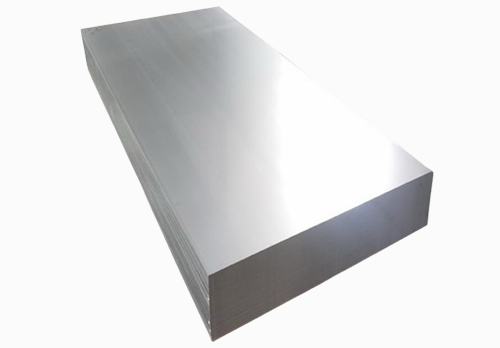
(1) Properties of titanium
Medical titanium material It is very stable in air at normal temperature. When heated to 400~550 ℃, a firm oxide film will be formed on the surface to prevent further oxidation. Titanium has a strong ability to absorb oxygen, nitrogen and hydrogen. This kind of gas is a very harmful impurity to titanium metal. Even if its content is very small (0.01%~0.005%), it can seriously affect its mechanical properties.
The mechanical properties of titanium, commonly known as mechanical properties, are closely related to purity. High purity titanium has excellent machinability, good elongation and reduction of area, but low strength, so it is not suitable for structural materials. Industrial pure titanium contains appropriate impurities, has high strength and plasticity, and is suitable for making structural materials.
Among titanium compounds, titanium dioxide (TiO2) has practical value. Ti02 is inert and non-toxic to human body, and it has a series of excellent optical properties. Ti02 is opaque, with high gloss and whiteness, large refractive index and scattering power, strong hiding power and good dispersion. The pigment made of Ti02 is white powder, commonly known as titanium white, and is widely used.
(2) Application of titanium
1. Application of titanium and its alloys
The compact metal titanium is highly valued by the aviation industry because of its light weight, higher strength than aluminum alloy and ability to maintain higher strength than aluminum at high temperatures. Since the density of titanium is 57% of steel, its specific strength (strength/weight ratio or strength/density ratio are called specific strength) is high, and its corrosion resistance, oxidation resistance and fatigue resistance are strong. Three quarters of titanium alloys are used as structural materials represented by aviation structural alloys, and one fourth are mainly used as corrosion resistant alloys.
Titanium alloys can be divided into low strength and high plasticity, medium strength and high strength, ranging from 200 (low strength) to 1300 (high strength) MPa, but titanium alloys can generally be regarded as high strength alloys. They are stronger than the aluminum alloy which is considered as medium strength, and can completely replace some types of steel in strength. Compared with the rapid decrease of strength of aluminum alloys at temperatures above 150 ℃, some titanium alloys still maintain good strength at 600 ℃.
The content of this article comes from the network. If you have any questions, please contact me to delete it!

